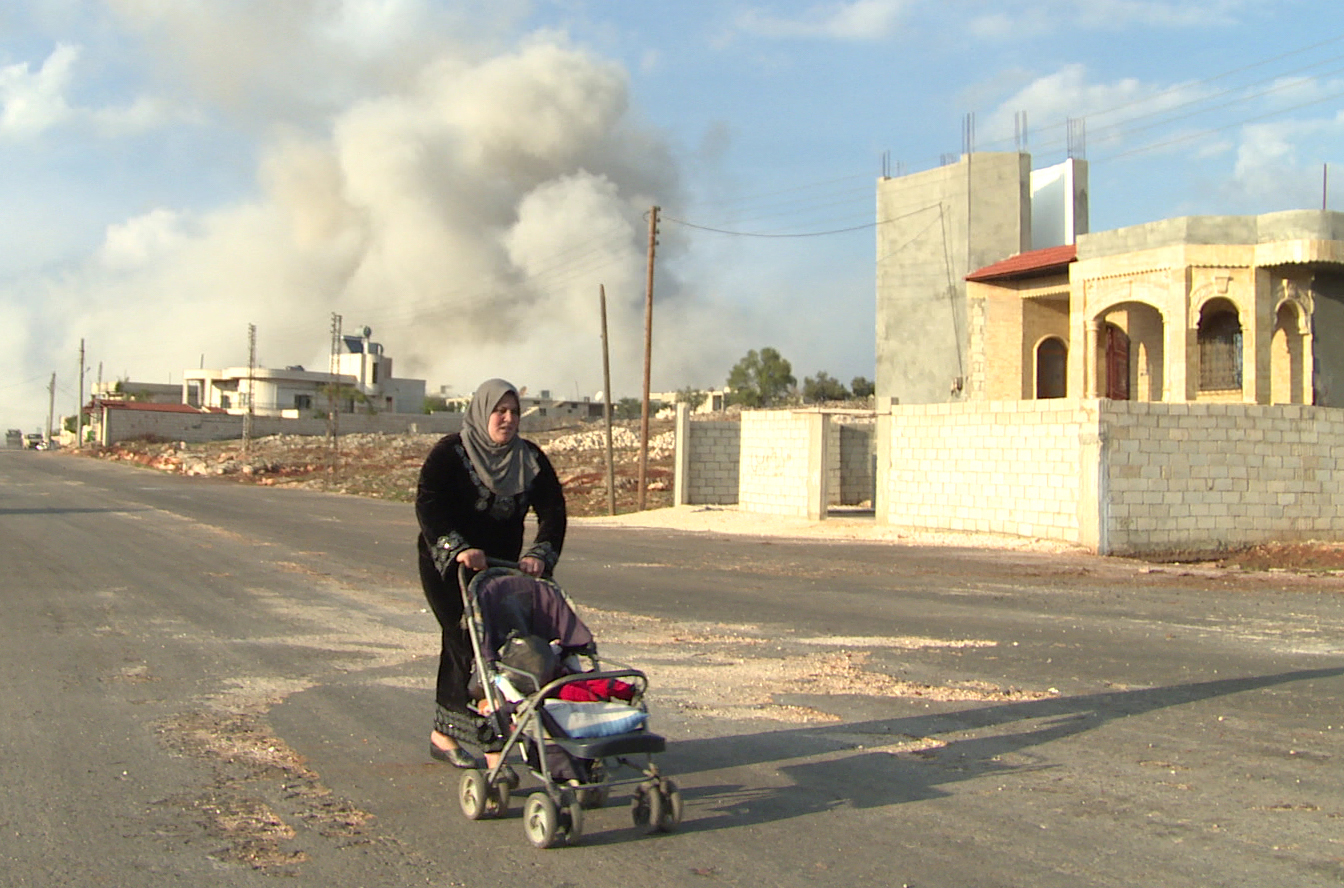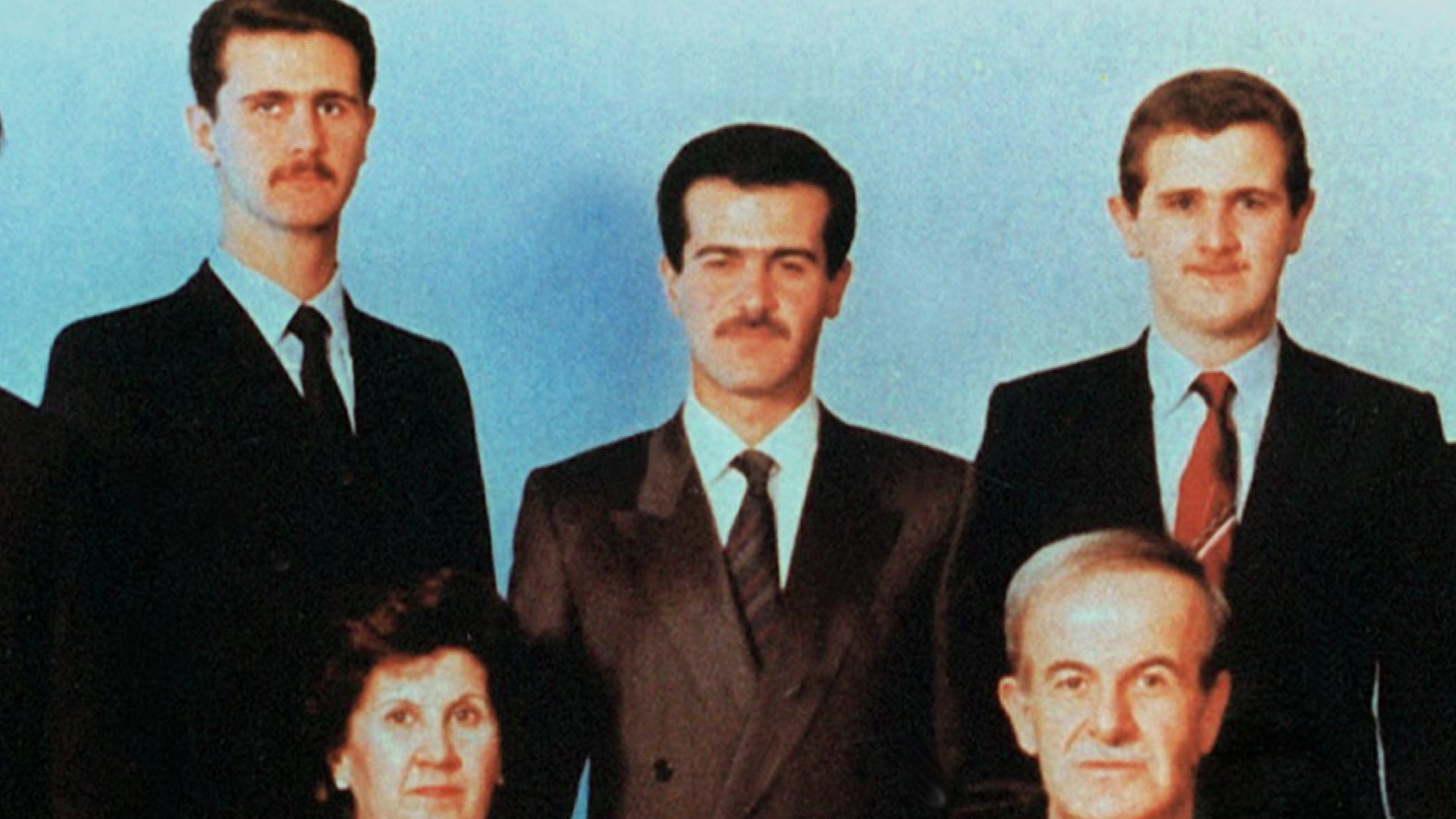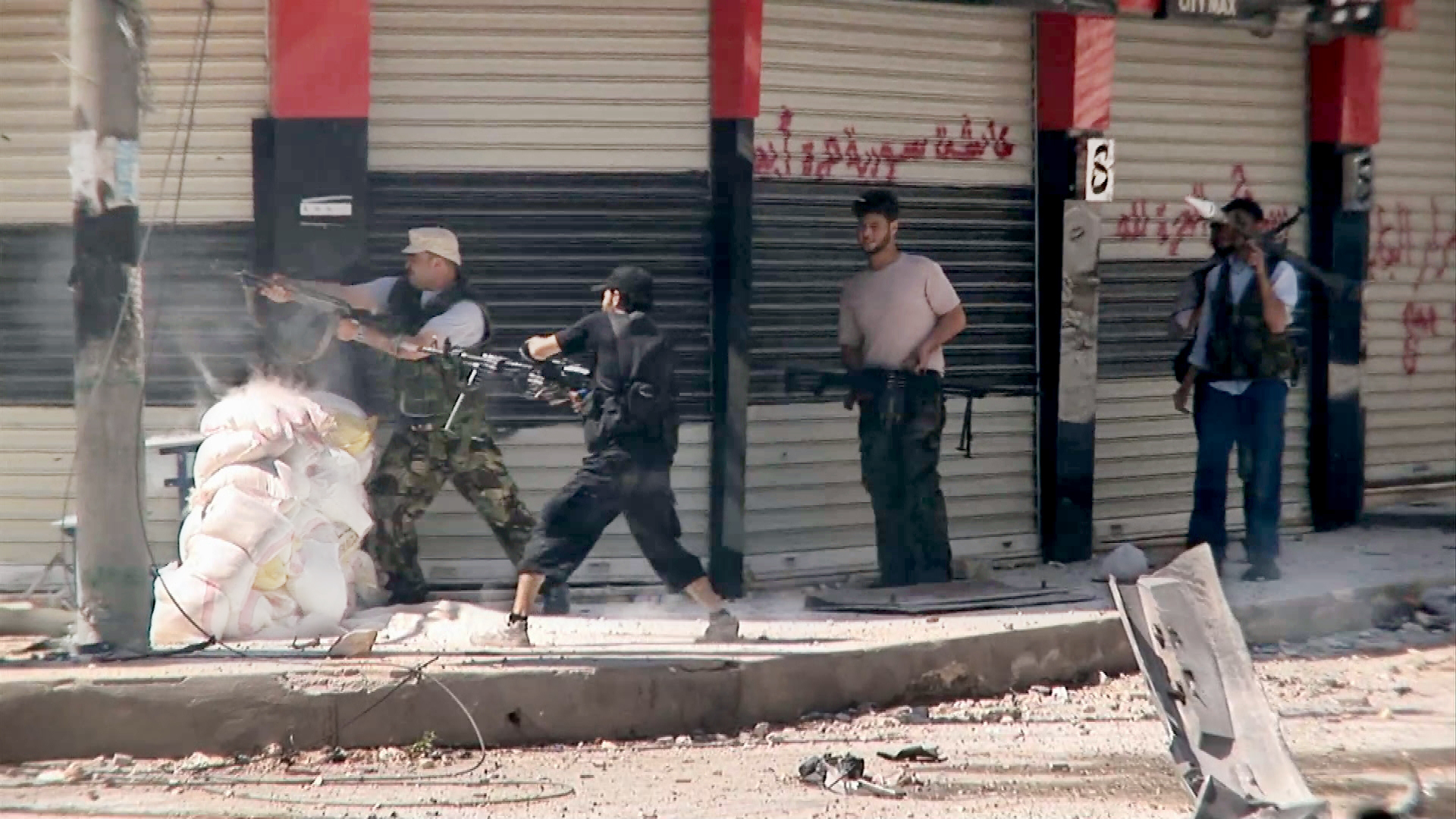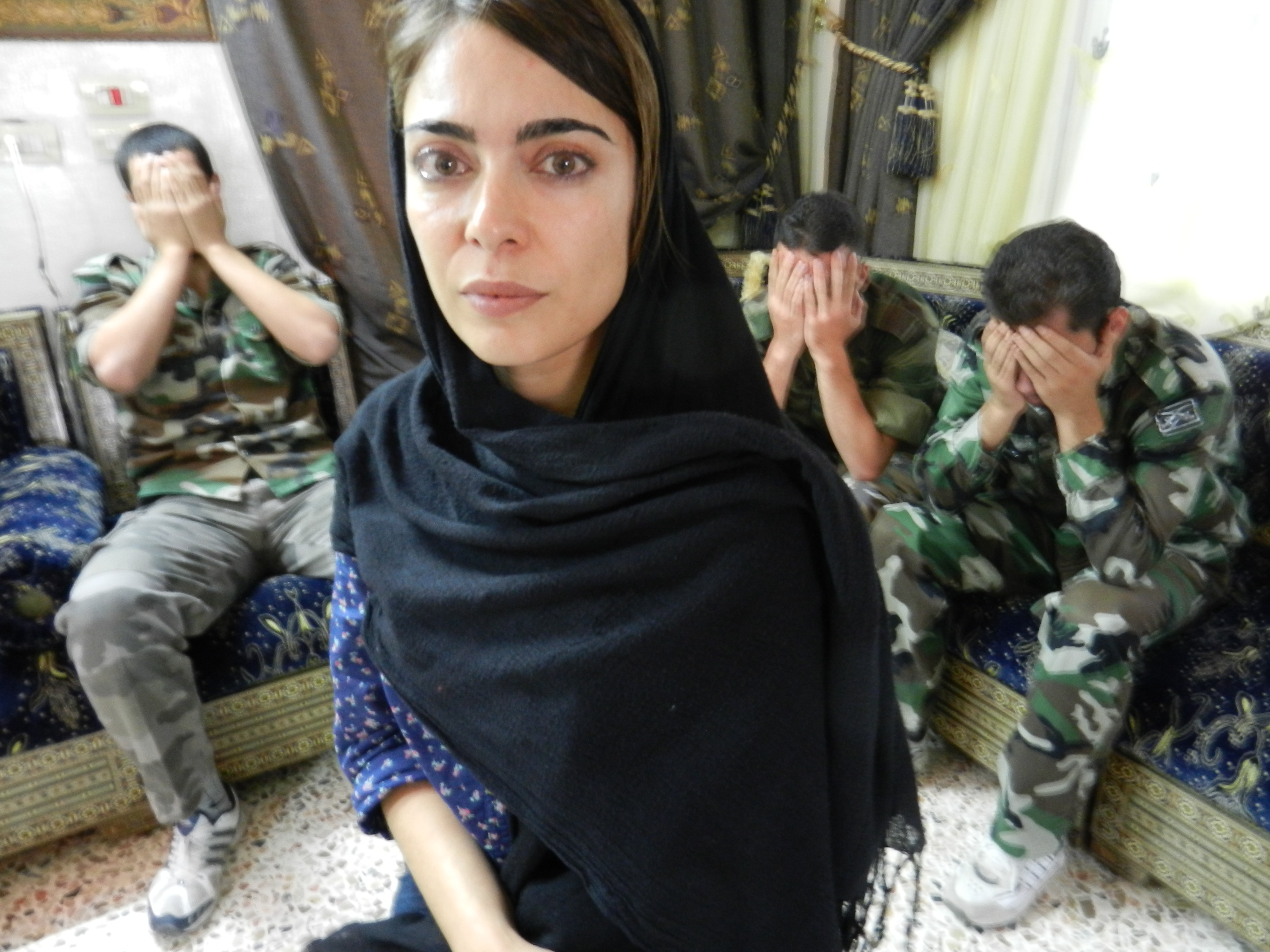Syria More Isolated Than Ever as Arab League Suspension Takes Effect
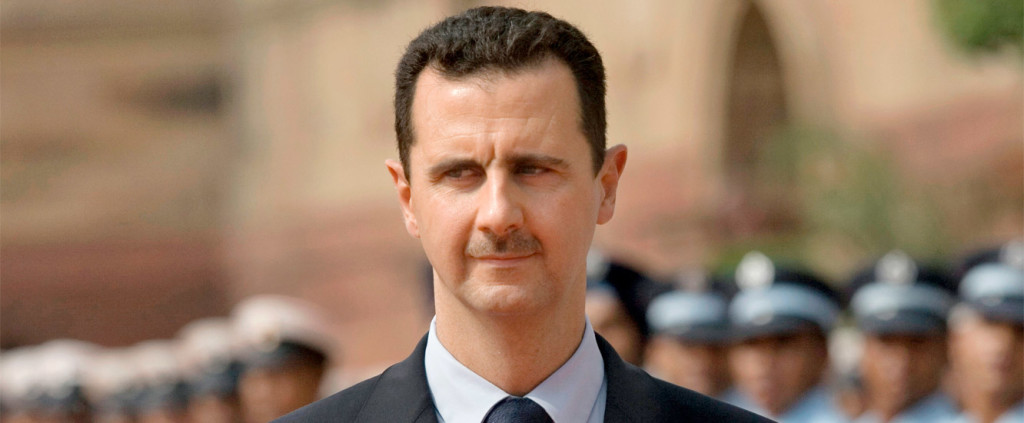
November 17, 2011
Share
The Arab League formalized Syria’s suspension from the 22-member organization yesterday and threatened to impose economic sanctions if the government did not stop the violence and accept an observer mission into the country within three days.
Though a Moroccan official confirmed the suspension to the Associated Press, the protocol released after the league’s session yesterday did not specify whether the suspension was still in force. Some perceived the three day deadline and lack of specificity about the suspension as a “reprieve” and a signal that the organization may still believe a peace plan it proposed last month is still viable.
The decision comes as Syria is confronted with intensifying international pressure and new internal challenges:
- The Free Syrian Army, an armed opposition group of Army defectors, announced that it had attacked military facilities Tuesday night, including the Airforce Intelligence Quarters near the capital. Though their claim has not been independently confirmed, if true, this is the boldest and most high-profile attack yet by the nascent group. As the BBC notes: “Such an attack would be significant because Syria’s Air Force Intelligence is one of the most feared state agencies and has been involved in the suppression of protests.”
- France recalled its ambassador to Syria and closed consular offices in Aleppo and Latakia yesterday, following recent attacks on its embassy and other diplomatic missions in the country. French Foreign Minister Alain Juppe told Parliament “the vise is tightening” around the regime. “I’m convinced the Syrian people will keep up their fight, and France will continue to do everything possible to help,” he said.
- Members of the Arab League and Russia’s Foreign Ministry met with emmisaries of the Syrian National Council (SNC) on Tuesday, a high-profile opposition group. Though SNC member Sammir Nachar told The New York Times Russia — one of Syria’s remaining allies — does not accept regime change, activists said “the meeting itself was a possible sign of Russia’s impatience with the direction of the Syrian conflict.”
- Saudi Prince Turki al-Faisal said on Tuesday that President Bashar al-Assad’s refusal to end the crackdown has made it “inevitable that he will have to step down in one form or another.” His remarks follow calls by Jordan’s King Abdullah earlier this week for President Assad to step down, the strongest condemnation yet by an Arab leader. “If Bashar has the interest of his country, he would step down, but he would also create an ability to reach out and start a new phase of Syrian political life,” he told the BBC.
- Monday marked one of the bloodiest days in the eight months of the Syrian uprising, according to some human rights groups and activists. The Britain-based Syrian Observatory for Human Rights reported more than 71 people killed on Monday, including 34 Syrian Army soldiers. As the Times notes: “But unlike past episodes, when the Syrian government publicized the deaths of soldiers and security forces, official Syrian news outlets carried no reports about the clashes.”
- Turkey announced it had halted joint oil exploration projects with Syria and threatened to cut off its electricity exports to the country on Tuesday. “Right now, we are providing electricity,” Turkish Energy Minister Taner Yildiz told reporters in Ankara. “If [Syria] continues on this course, then we might have to reconsider these decisions.” As the Times notes, “While Turkey supplies only a small percentage of Syria’s power needs, the threats underscored how badly Syria’s relationship had deteriorated with Turkey, its top trading partner.”
According to the United Nations, at least 3,500 civilians have been killed since the uprising broke out in mid-March.
Latest Documentaries
Related Stories
Related Stories
Explore
Policies
Teacher Center
Funding for FRONTLINE is provided through the support of PBS viewers and by the Corporation for Public Broadcasting, with major support from Ford Foundation. Additional funding is provided the Abrams Foundation, Park Foundation, John D. and Catherine T. MacArthur Foundation, Heising-Simons Foundation, and the FRONTLINE Trust, with major support from Jon and Jo Ann Hagler on behalf of the Jon L. Hagler Foundation, and additional support from Koo and Patricia Yuen. FRONTLINE is a registered trademark of WGBH Educational Foundation. Web Site Copyright ©1995-2025 WGBH Educational Foundation. PBS is a 501(c)(3) not-for-profit organization.












